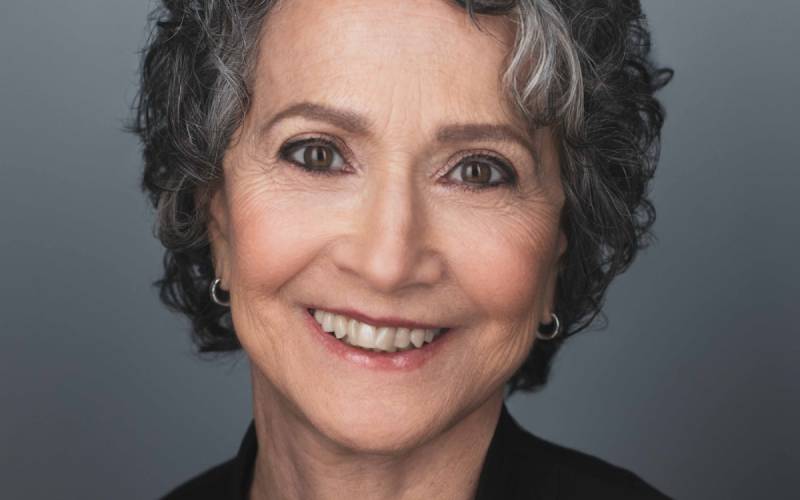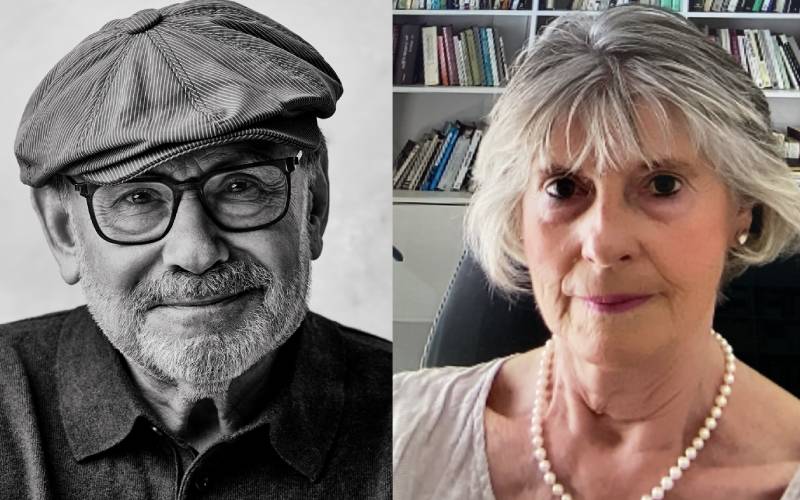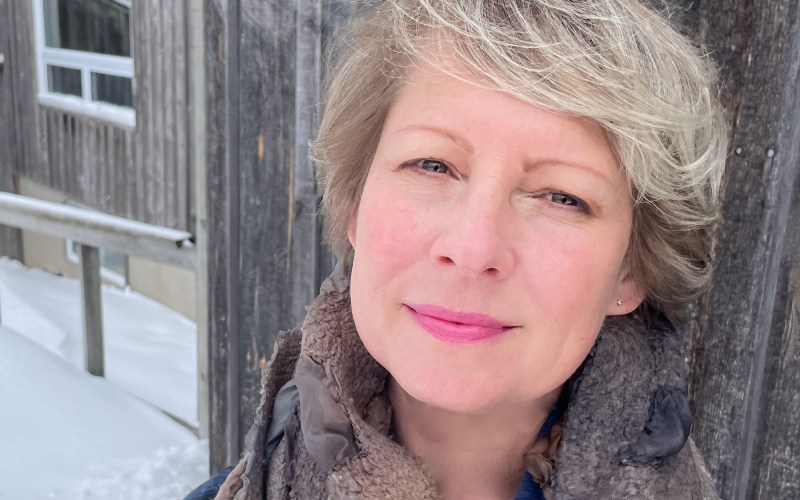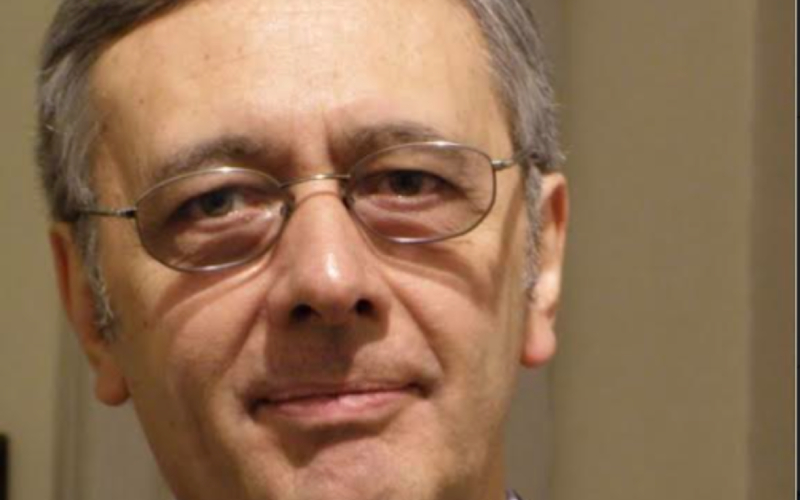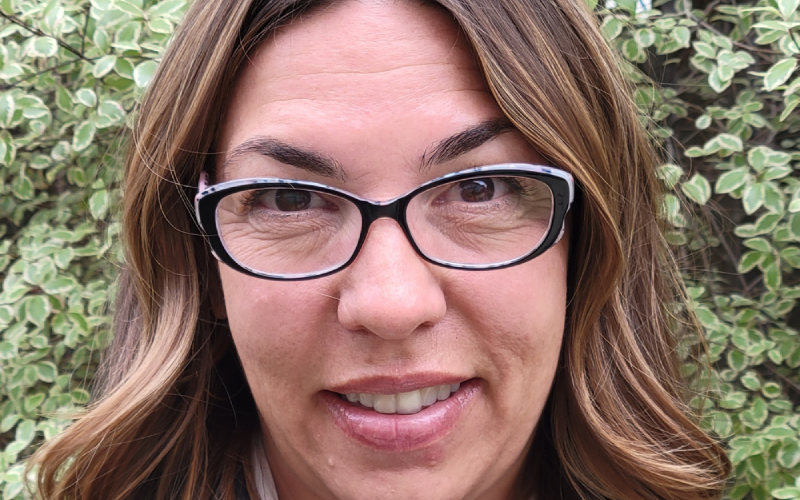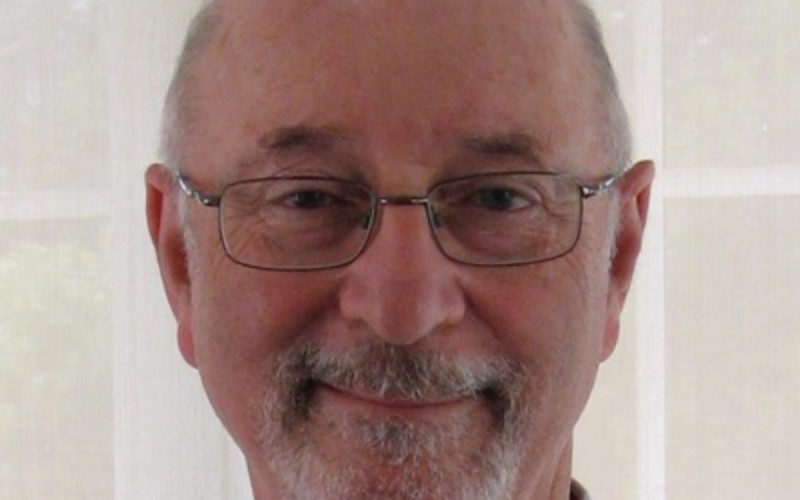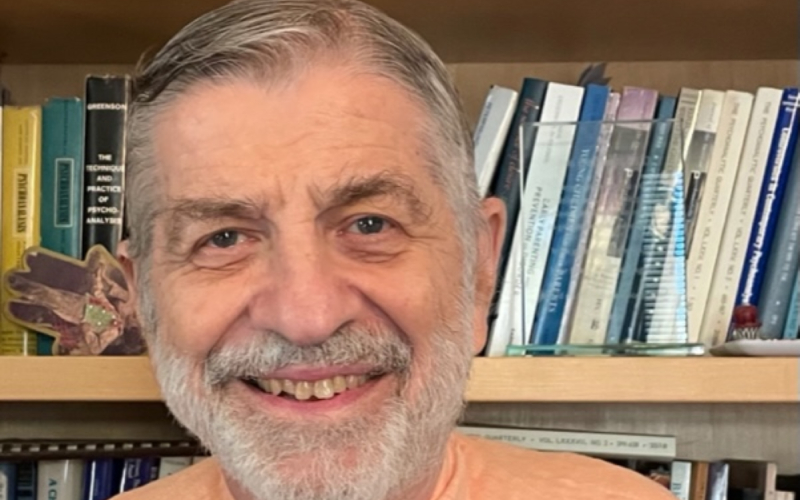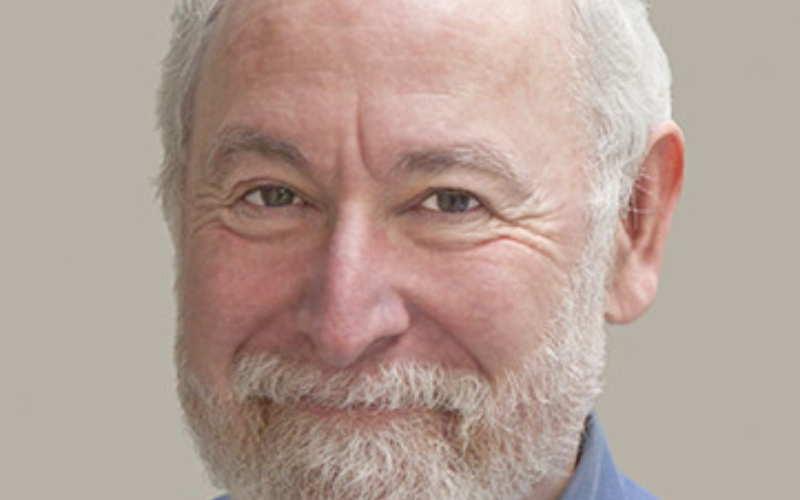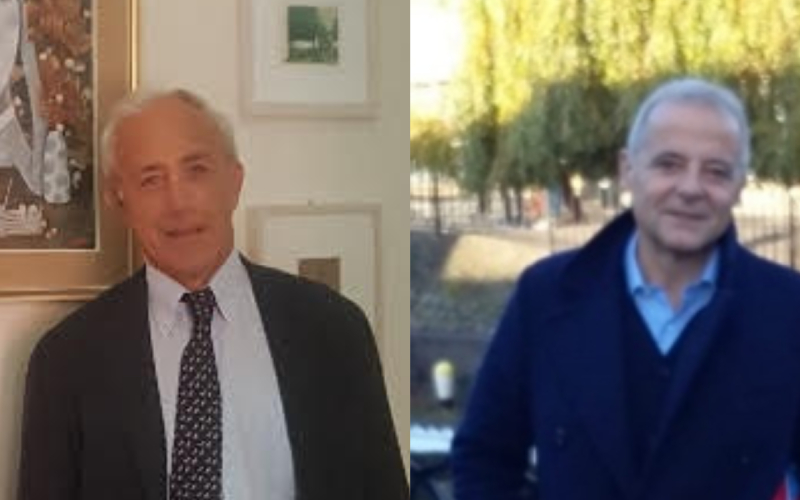Episode 145: Treatment of Child Soldiers: Traditional Healers and their Dynamic Underpinnings with Martha Bragin, PhD MSW (New York)
“The gift of the [traditional] healer that he shares with those of us who do psychoanalytic work is that we are given an idea of the human mind as being always in a process of mediating the real world and the drives of sex and aggression – which if not moderated can lead to terrible…
Read MorePodcast: Play in new window | Download

